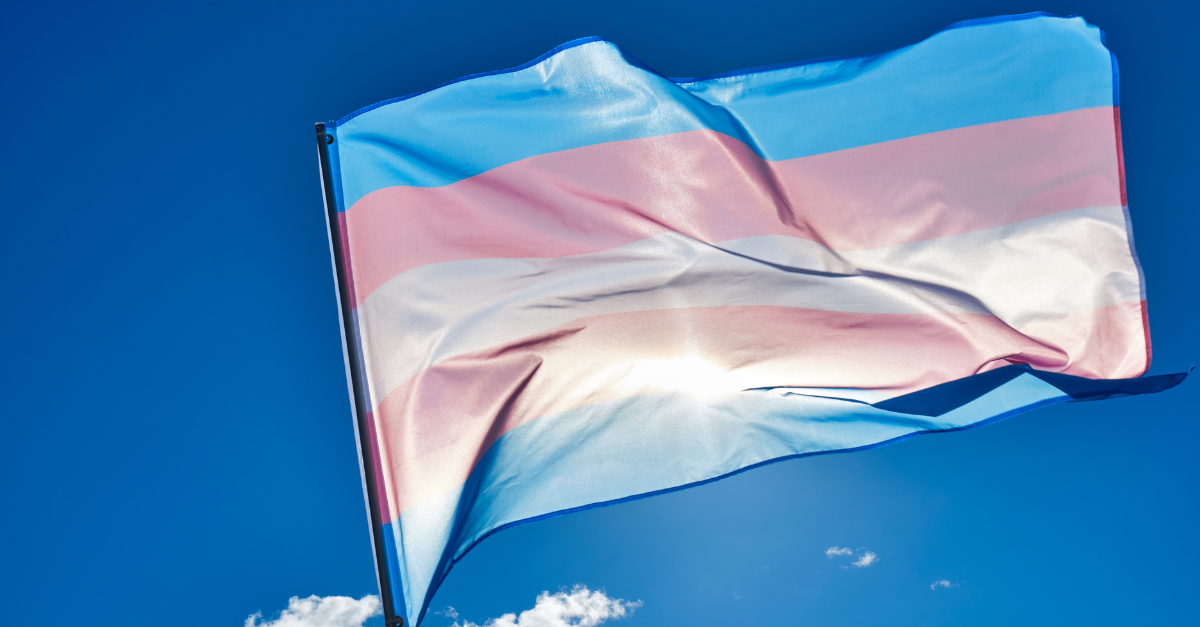NAWL Files SCOTUS Amicus Brief in Dobbs
UPDATE June 24, 2022 -- The United States Supreme Court issued its closely divided and legally unjustifiable opinion in Dobbs v. Jackson Women’s Health Organization. In the opinion, five Justices overturned Roe v. Wade and Planned Parenthood v. Casey and declared that there is no federal constitutional right to abortion, a decision that affects millions of people nationwide.
NAWL and our partners at WLG and WBA are extraordinarily disappointed, but not surprised, in the ruling of the Court. We are, however, shocked by the reasoning used to support this decision. With the stroke of a pen, this tragic decision creates a generation of women that have less agency over their own bodies than their grandmothers, and abrogates constitutional rights that we have relied on for nearly 50 years. This decision will have monumental consequences for individuals and their families in this country. As we have seen in other scenarios, pregnant people will not stop seeking abortions, but they will now have to go to much greater lengths, with predictable dire consequences, to exercise their rights to choose when and whether to have a child. People of color and those struggling to make ends meet, who currently have inequitable access to abortion care, will be even more disproportionately affected as their options become more elusive. Additionally, we do not need a crystal ball to foresee other significant personal liberty rights – birth control, marriage equality, and even interracial marriage – that may be challenged on this basis. The public’s trust in and respect for the Court has now been severely damaged. People perceive that a handful of Justices’ personal, religious, or political beliefs have prevailed over precedent and stability of the law. Whether individuals will be forced to bear children will now devolve in a chaotic manner in each state, and more than half the states are expected to make abortion illegal immediately upon issuance of the Dobbs decision. We will never stop fighting for the right of every person to make this highly personal decision in private, without being subject to state control over their body.
“Whatever the exact scope of the coming laws, one result of today’s decision is certain: the curtailment of women’s rights, and of their status as free and equal citizens.” - Justice Breyer, Justice Sotomayor, and Justice Kagan, dissenting.
September 20, 2021 — More than 30 organizations of women lawyers and future legal professionals, led by three notable U.S. organizations of women lawyers, submitted an amicus brief in support of respondents in the U.S. Supreme Court case of Dobbs v. Jackson Women’s Health, which could overturn Roe v. Wade and the almost 50 years of constitutional jurisprudence guaranteeing reproductive freedom to women.
Led by Women Lawyers On Guard, National Association of Women Lawyers, and the Women’s Bar Association of the District of Columbia, and submitted by Willkie Farr & Gallagher LLP as counsel for amici, the brief lays out what is at stake if the Supreme Court overturns or weakens Roe. Women and their families, including women attorneys, have relied heavily on the constitutional guarantee of the ability to decide whether to have an abortion when exercising autonomy over their lives, health, families, and futures. Loss of the rights guaranteed by Roe and Planned Parenthood v. Casey would decimate women lawyers’ ability to advance their careers and achieve gender parity in the legal field.
Co-leads of this brief issued this joint statement regarding the brief:
Women Lawyers On Guard Inc.: “Women Lawyers On Guard is proud to co-lead this amicus brief explaining why the Supreme Court should uphold Roe and Casey under the doctrine of stare decisis. A key factor of the stare decisis analysis is societal reliance. Women’s reliance on the reproductive rights guaranteed by Roe and Casey has forever changed society and enabled women to make great strides in the fight to achieve equality. But even with reproductive freedom, progress toward gender parity in the legal profession has been agonizingly slow. Women attorneys often pay a price for having children and many of them leave the legal profession altogether due to childcare responsibilities. This cost is largely borne by women, not men. If women lose the ability to plan their families, all of these gains will quickly be in serious jeopardy. Roe and Casey must be upheld because they were correctly decided and because we simply cannot go back to a time where women have no freedom to make intimate decisions about their own bodies and lives,” said Cory Amron, President, Women Lawyers On Guard; Elaine Metlin, Co-chair, Amicus Committee, Women Lawyers On Guard.
National Association of Women Lawyers: ”The National Association of Women Lawyers is proud to co-lead this amicus brief with more than 30 organizations of women lawyers and future legal professionals. Women’s reliance on the reproductive rights guaranteed by
Roe
and
Casey
has enabled women to make great strides in the fight to achieve equality. Without bodily autonomy, including the legal right to decide whether, when, and by what means to have the number of children they desire, women cannot be fully equal under the law or professionally. The negative consequences that would result from overturning well-established legal precedent implicate every facet of women’s lives and health,” said Karen Richardson, Executive Director of the National Association of Women Lawyers.
Women’s Bar Association of the District of Columbia: “The Women’s Bar Association of DC proudly joins this brief to support the well-established legal precedent that women have a constitutional and fundamental right to privacy, which long has included access to reproductive health care including abortions,” said Sadina Montani, Immediate Past President of the Women’s Bar Association of the District of Columbia and partner at Crowell & Moring.
Willkie Farr & Gallagher LLP, counsel for amici: “We are proud to partner with these leading organizations supporting women in the legal profession and to bring the unique perspective of women lawyers and law students to the critical issues at stake in this case,” said Heather Schneider, partner at Willkie and lead counsel on the brief.
“This case raises serious issues that significantly affect women’s constitutional rights and the advancement of women attorneys. We hope our brief sheds light on the impact of this case on women in the legal profession,” said Mia Guizzetti Hayes, counsel at Willkie and counsel of record on the brief.
The brief specifically highlights the central role that Roe’s and Casey’s constitutional right to bodily autonomy has played in the advancement of women in the law, as well as the steep hurdles still faced by female lawyers generally—and especially female lawyers of color and those with children—that will only become harder to surmount if that right were revoked or weakened. While it is true that there are many more women lawyers and judges today than there were when Roe and Casey were decided, there is still discrimination against women—especially mothers and women of color—in the legal profession. For example:
- Women represent less than ¼ of law firm equity partners, despite representing 40% of associate ranks.
- Women of color in particular represent only 15% of law firm associates and fewer than 4% of law firm partners.
- 54% of women in the law are fully in charge of arranging childcare as compared to just 1% of men, and 32% of women in the law are responsible for leaving work early for childcare as compared to just 4% of men.
- Women are also likely to be passed over for certain projects after returning from maternity leave because of assumptions about their need to participate in childcare.
- Women, especially women of color, report being treated particularly badly after having had children, reporting being passed up for promotions and given low-quality assignments; being demoted, paid less, and treated unfairly for working part-time; and other disparate treatment stemming from the misperception that women lawyers who are parents have chosen the “mommy track.”
- These transgressions are felt more deeply since COVID-19 began. Women are working more hours from home than men and are less likely to use third-party daycare services. About half of women with children under age 13 consider becoming part-time or leaving the legal profession altogether.
- Even without factoring in children, 70% of women of color report have left or seriously considered leaving the legal profession.
The amicus brief is also signed by nearly 30 other organizations dedicated to supporting women lawyers and law students. Read the Brief here>>





